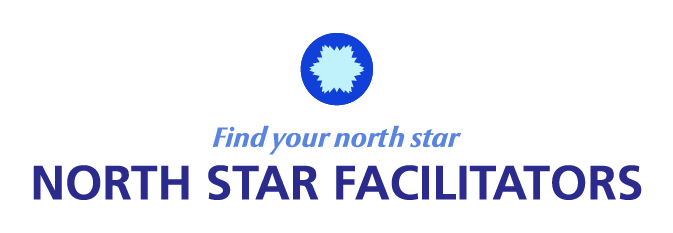Messy Facilitation – Can There Be Benefits?
(This article was published in our January 2011 Newsletter)
’ve been thinking about “messy facilitation” for years. Unfortunately or fortunately : ) I’ve had some recent experiences that have forced me to think about it again – either my own or those of my colleagues. So I realize it’s time to debunk the myth that we do our clients a disservice if the facilitation process is a little messier than we like it to have been!
Let me explain what I mean by messy: People seem agitated or disappointed during the workshop; your timing of activities is completely off; you feel that you did not achieve some of the key objectives that you set out to achieve; you only understood what was really going on with the group once you were in the session with them and you really didn’t know how to handle this new information; at the end of the session, people are not making eye contact with you nor thanking you for a good job! These are just a few of the symptoms of what I would call messy facilitation.
I suspect, actually I know that I’m not the only one that has had a few of these experiences. The question is, are they still helpful to the client? The short answer is generally yes. There are several good reasons that a messy facilitation can be extremely valuable to the client. These are:
- They begin to understand and acknowledge the complexity of what they are trying to achieve.
- Old issues surface and they can no longer be ignored
- Formal and informal leaders that are present in the session take this as a “wake up call” and think deeply about what they need to do differently.
- Some people are both excited and relieved that at least something has been said about what has potentially been bothering many folks.
Even if you are never called back, because they blame you for “incompetency”, not being a good fit for their group, etc., they will take steps to rectify the situation either on their own or with the help of another external professional.
That’s the fortunate part. The unfortunate part is that often I/we become highly self-critical and a lot of our mental energy focus is on what I could have done differently. This is not necessary a bad use of our mental energy but I’m going to suggest an alternate or complimentary stance we can take with ourselves. What if we said one or all of the following things to ourselves?
- Wow! I did a good job and I can see there is more work to be done. What shall I suggest to the client as some positive follow-up steps?
- I can see this client is really struggling and I need to remind them of their courage to start moving in the direction they took.
- I realize I got this group started in the right direction and I could really use some of my colleagues to help them continue to move. Who shall I call as an additional resource to this group?
- Although initially I am puzzled about what to do next, I know exactly who to call to help me think this through.
- I’m going to find a really empathetic friend or colleague who will listen my struggle around how I am feeling and what to do next.
I don’t consider myself competent in dealing with messy facilitations. I do, however, enjoy thinking about how I’d like to handle them differently in the future and that’s why I shared my initial thinking with you. I’d love to hear from you on this or on any other facilitation topic that you are exploring.
